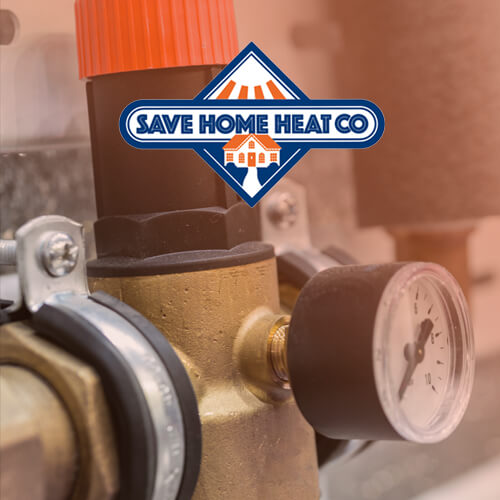Protect Your Plumbing With a Properly Functioning PRV
 A pressure reducing valve, or PRV, is a relatively small but amazingly effective part that can affect virtually your entire home. This important plumbing valve is designed to regulate your home’s water supply at the point where it enters the house from the local utility. Having a properly functioning pressure reducing valve can help reduce your monthly bills, increase the longevity of your water-consuming appliances, and increase the lifespan of your home’s complete plumbing system.
A pressure reducing valve, or PRV, is a relatively small but amazingly effective part that can affect virtually your entire home. This important plumbing valve is designed to regulate your home’s water supply at the point where it enters the house from the local utility. Having a properly functioning pressure reducing valve can help reduce your monthly bills, increase the longevity of your water-consuming appliances, and increase the lifespan of your home’s complete plumbing system.
What Is a PRV?
A PRV reduces the higher pressure of the city water supply as it leaves the city main piping and enters your home. The city’s main water supply is normally set at a pressure that’s best for pushing water throughout the city most efficiently. However, those pressures may be higher than what’s best for your home. Thus, a pressure reducing may be employed to reduce household pressures to more appropriate levels. If your home has one, the PRV can be found near the location where the city water piping enters your home, such as somewhere in the basement or crawlspace.
Why You Might Need a PRV
Not every home comes with a PRV. According to the Uniform Plumbing Code (UPC), which is the primary guide for plumbers and building departments in the Denver-Boulder area, as well as around the country, a new home or a remodeled house is not required to have a PRV if the incoming water pressure is less than 80 pounds per square inch, or psi. In many cases around our region, municipal water systems cannot officially document such high pressures regularly to justify requiring PRVs. Regardless, local code continues to move in the direction of requiring them in more and more new homes.
Know, though, that your home and your appliances can still gain significant benefit from the addition of a PRV. If your home’s water pressure is in the 60 to 80 psi range, that can still place unnecessary strain on your home’s piping, appliances and budget. If your home already has a PRV, it is a good idea to have it inspected regularly, as mineral deposits can accumulate and corrode or impede the function of the PRV, over time. Water pressure around the home should also be checked at the same time.
How Can Your Home Benefit From a PRV?
Having a properly functioning, adjustable PRV can offer many benefits to your home. It can help you use less water, since the flow rate under reduced pressures will be lower at the faucets and showers; the typical user will consume less water as a result. This means that a PRV can save you money on your water bills, through the reduced amount of water coming out of your faucet or showerhead and straight down the drain. And if you’d like a little less or a little more water at the tap, PRVs can easily accommodate those desires while still saving you money on water consumption.
In addition, the automatic water valves in appliances such as your dishwasher, washing machine, refrigerator water dispenser and ice maker – and the seals in your faucet and shower nobs and levers – will all last longer due to less strain at a reduced water pressure. Lastly, with a PRV, the copper pipes and fittings in your home plumbing will also tend to have a longer lifespan, as well, due to the reduced corrosion rate at a lower household pressure.
Annual Plumbing Assessment
In the Denver and Boulder area, we recommend having your household water pressure checked annually by one of the highly qualified plumbers at Save Home Heat Company. If appropriate, we’d be glad to provide you with more details on a PRV to help safeguard your home plumbing system and save you money. We also recommend that you learn about our discounted annual maintenance agreements, covering your home heating and cooling system, plus separate annual assessments of both your electrical and plumbing systems by other SHH specialists. We’d be glad to provide you with expert assistance on any of your home heating, cooling, plumbing and drains, and electrical needs. Contact Save Home Heat Company today for more information.
Tags: Plumbing Assessment, PRV



